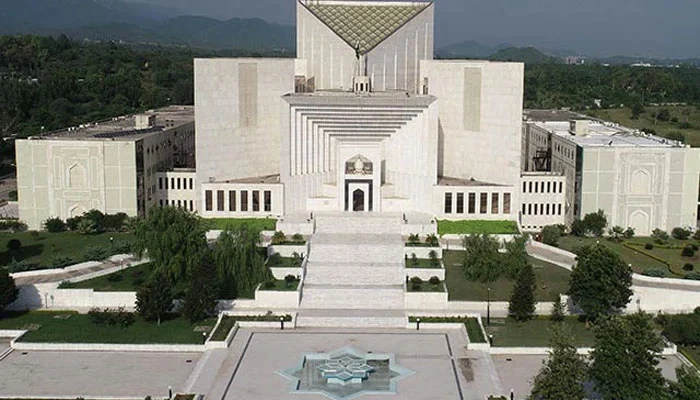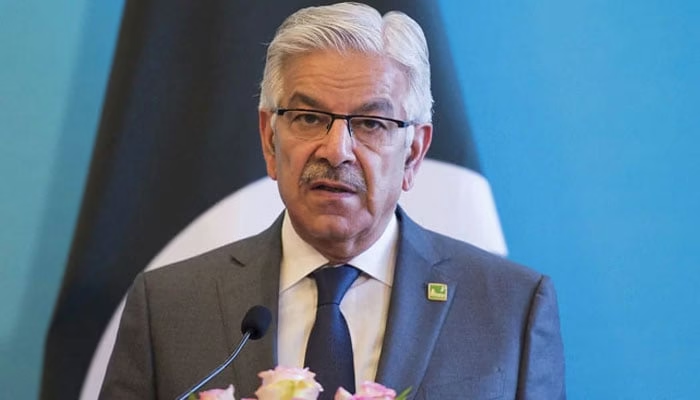In a landmark judgment, the Supreme Court of Pakistan has issued a ruling that restrains the government from the unwarranted use of powers, emphasizing that an environment of fear cultivated through state institutions generates hatred against state entities. Such an atmosphere is incompatible with the fundamental principle of media freedom.
The misuse of powers creates a sense of fear and insecurity among the public and should not lead to the branding of critics and political opponents as enemies of the state. Pakistan’s constitution guarantees every citizen the freedom of expression, enabling them to participate in political, social, and public discourse without fear of retribution.
The constitution affords citizens their rights, ensuring their freedom of political expression and the right to convey their opinions through print and electronic media. Safeguarding these rights is a constitutional obligation of the state, ensuring the protection of citizens’ fundamental liberties.
The freedom to express one’s opinion is integral to democracy, allowing citizens to make informed decisions and hold public officials accountable. However, recent events have seen political activists, journalists, and other public figures facing legal actions for exercising their constitutional right to freedom of speech.
It is increasingly challenging to ascertain whether public representatives, journalists, and political activists are involved in anti-state activities, as the line between legitimate political activism and state opposition has blurred. The recent ruling by the Supreme Court on the case of Imad Yousaf, the Vice President of a private television channel, is significant in this context.
The Supreme Court’s decision underscores that individuals, including journalists, political activists, and citizens, have a constitutionally protected right to express their views without the fear of being targeted or persecuted. The judiciary has affirmed that such actions by the government violate the constitutional mandate.
The ruling serves as a reminder of the essential role of media as a conduit of information, ensuring the dissemination of diverse opinions and ideas. It also emphasizes the need for a healthy democratic environment, where citizens can express their concerns, critique policies, and engage in public debates without apprehension.
The Supreme Court’s decision stands as a beacon of hope for media freedom in Pakistan, reaffirming the importance of a vibrant and independent media landscape in any democracy. Upholding the fundamental right to freedom of expression is crucial in fostering a society where diverse voices are heard, leading to a more informed and engaged citizenry.



